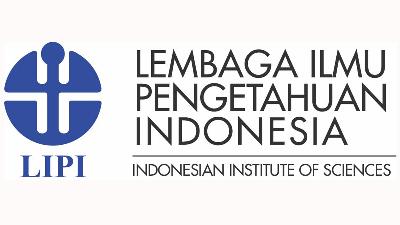Transformational Leadership Role in Human Resource Effectiveness
Abstract
Keywords
Full Text:
PDFReferences
. R.S. Bhagat, B.L. Kedia, P.D. Harveston, and H.C.R.S. Triandis. (2002). Cultural variations in the cross-border transfer of organizational knowledge: an integrative framework, Academy of Management Review, 27, 2, 04- 221.
. G.S. Becker. (1998). Human Capital: A Theoretical and Empirical Analysis with Special Reference to Education, 3rd ed., University of Chicago Press, Chicago, IL.
. B.M. Bass. (1985). Leadership, and Performance Beyond Expectations, Free Press, New York.
. G.S. Becker. (1962). Investment in human capital: a theoretical analysis, The Journal of Political Economy, 70, 5, 9-49.
. J. Castiglione. (2006). Organizational learning, and transformational leadership in the library environment, Library Management, 27, 4, 289-299.
. M. Birasnav, S. Rangnekar, and M.A. Dalpati. (2011). Transformational leadership and human capital benefits: the role of knowledge management, Leadership & Organization Development Journal, 32, 2, 106-126.
. D. Kanellopoulos. (2012). Knowledge-based management in the health system, Review of International Comparative Management, 13, 2.
. I.O. Ayodeji, and L.F. Adebayo. (2015). The interface between government policies, human capital development, and poverty reduction in Nigeria, European Journal of Business and Innovation Research, 3, 4.
. J.V. Downton. (1973). Rebel Leadership: Commitment and Charisma in the Revolutionary Process, Free Press, New York, NY.
. S. Popadiuk, S. and C.W. Choo. (2006). Innovation, and knowledge creation: how are these concepts related? International Journal of Information Management, 26, 4, 302-312.
. H.L. Wan. (2007). Human capital development policies: enhancing employees ‘satisfaction, Journal of European Industrial Training, 31, 4, 297-322.
. B. Robert. (1991). Economic growth in a cross-section of countries, Quarterly Journal of Economics, 106, 2, 407-414.
. M. Marimuthu, L. Arokiasamy, and M.Ismail. (2009). Human capital development and its impact on firm performance: evidence from development economics, The Journal of International Research, 2, 265-272.
. J. Barbuto and R. Gottfredson. (2016). Human capital, the millennial’s reign, and the need for servant leadership, Journal of Leadership Studies, 10 (2), 59-63.
. C.B. Crawford. (2005). Effect of transformational leadership, and organizational position on knowledge management, Journal of Knowledge Management, 9 (6), 6-16.
. J.H Song, et al. (2016). Role of transformational leadership in effective organizational knowledge creation practices: mediating effects of employees’ work engagement, Human Resource Development Quarterly, 23 (1).
. S. Han, et al. (2016). The mediating effect of organizational commitment and employee empowerment: how transformational leadership impacts employee knowledge sharing intention.
. G, Yukl. (2010). Leadership in Organizations, 7th ed., Prentice Hall, New York.
. A. Khan, et al. (2009). The impact of human resources development on organizational performance: a test of a causal model, Journal of Behavioral and Applied Management, 5, 335-356
Refbacks
- There are currently no refbacks.

This work is licensed under a Creative Commons Attribution 3.0 License.
Supported by :


 Indexed by :
Indexed by :




